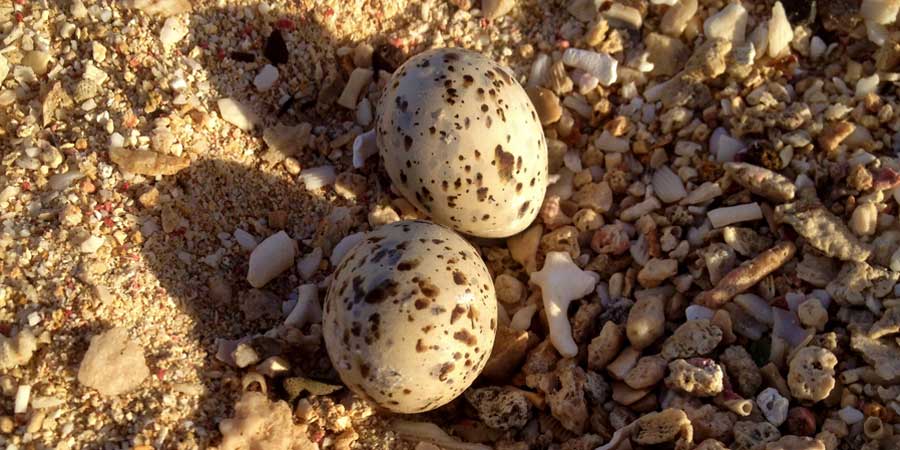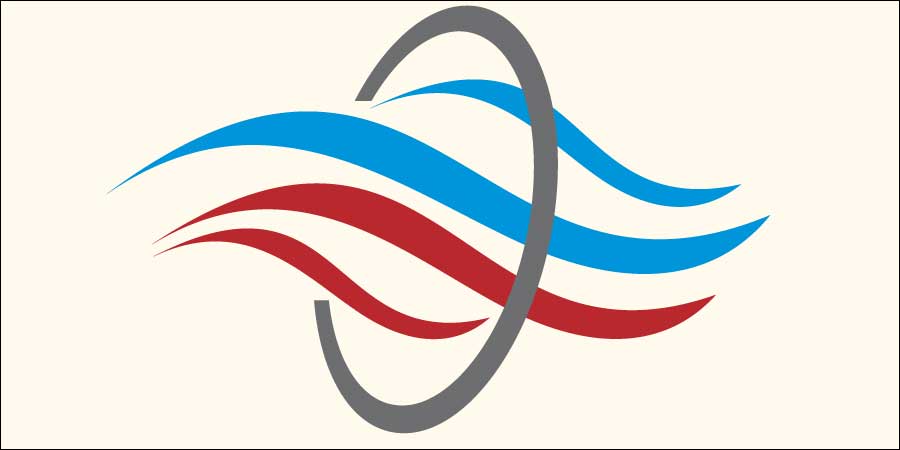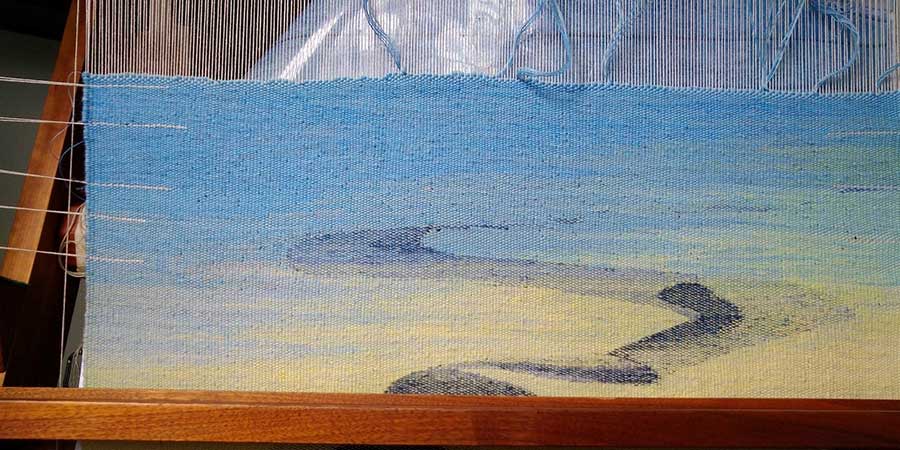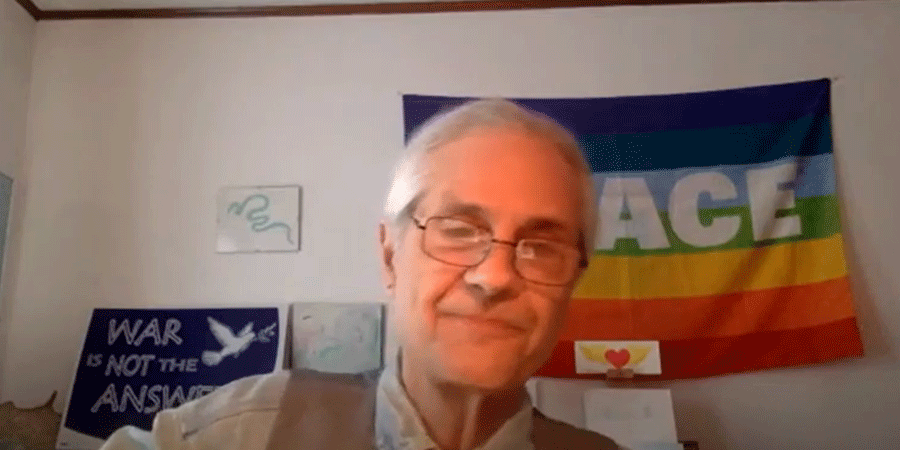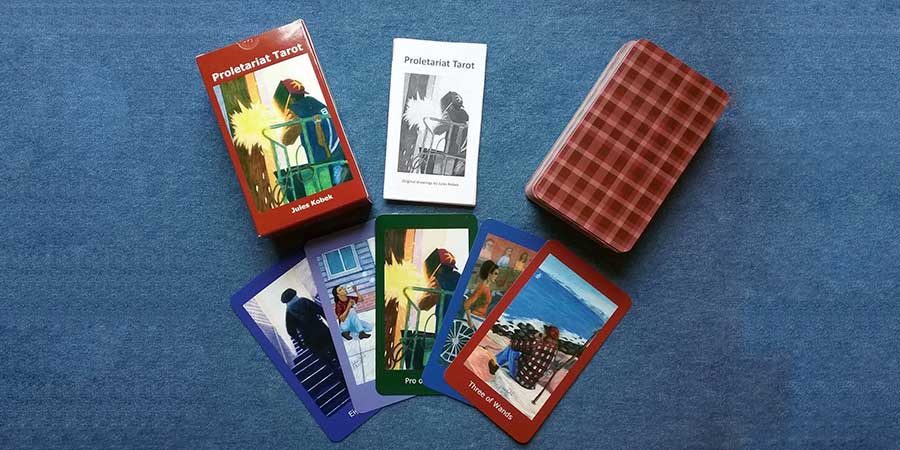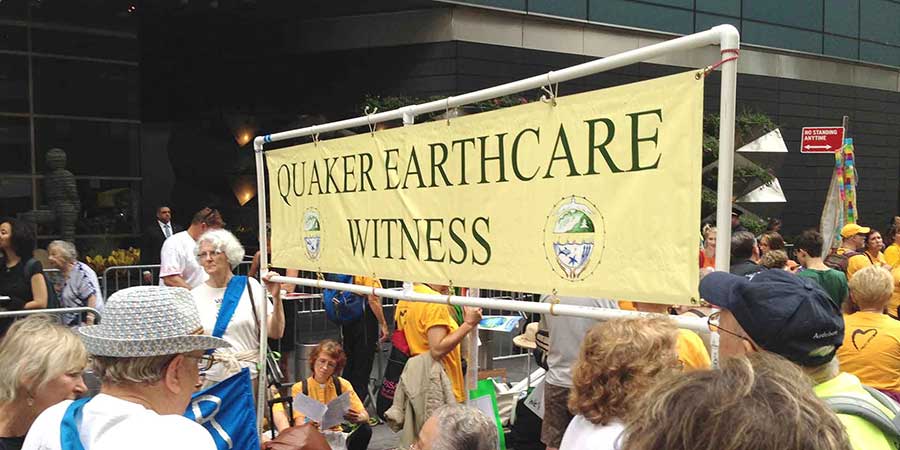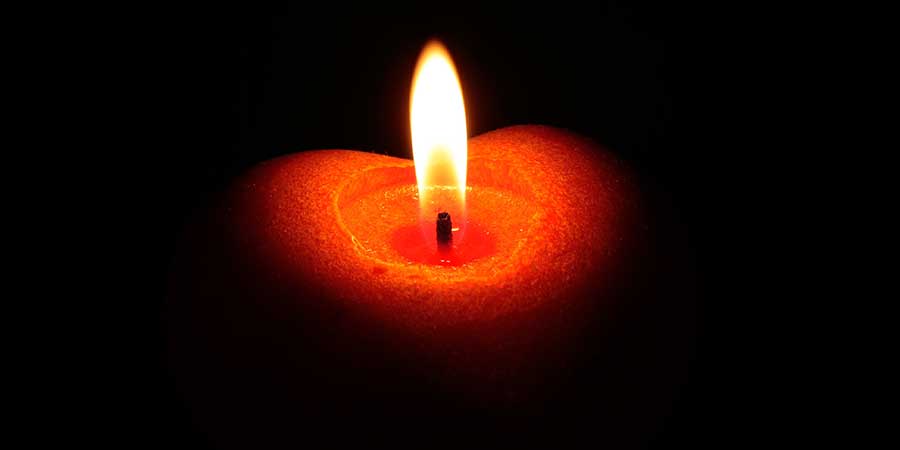Full version of the sermon given by John Bach at the Unitarian Universalist Church, Rockport, MA, January 13, 2019.
Reading: Psalm 126
- When the Spirit turned against the captivity of Zion, we were like them who dream.
- Then was our mouth filled with laughter, and our tongue with singing: then said they among the heathen, the Spirit hath done great things for them.
- The Spirit hath done great things for us; whereof we are glad.
- Turn against our captivity O Spirit as the streams in the south.
- They that sow in tears shall reap in joy.
- They that goeth forth and weep, bearing precious seed, shall doubtless come again with rejoicing, bringing their sheaves with them.
Sermon
Good Morning. I am much honored to be in your midst. For a half century I have been a grateful usual-suspect, fellow-traveler, and co-conspirator with Unitarian Universalists in many a worthy and noble cause. Still am.
A 17th century observer of Quakers called them “happy, content, and always in trouble.” So I am indeed happy and content this morning, and I should hope, not so much in trouble 15 minutes from now.
There is no longer much of a prophetic vocation in proclaiming that we find ourselves in a hand basket with certain knowledge of where we’re headed. For one thing, we’re facing the 6th major extinction. The last one 65 million years ago did in the dinosaurs when a 6 mile wide meteor hit the earth. This time we’re doing it to ourselves as we enter a brand new geological epoch: the Anthropocene marked by extreme negative human impact on the environment. We’re poisoning ourselves to death and extinction.
Nor is there much prophetic vocation in proclaiming the failure of most of our institutions to meet human need, amid a perpetual war economy and culture with plans to develop three more generations of nuclear weapons at trillions of dollars. The Union of Atomic Scientists has set its doomsday clock at three minutes before midnight, the closest we’ve been to Armageddon since the early 1980s. Meanwhile, many of our own kids go to bed hungry, to say nothing of the rest of the world’s children. Last year, over 6500 of our vets committed suicide. What does that say? So as always, the question is, both abstractly existential and intensely human, what is to be done? One short simple answer, that answers everything and answers nothing, is Gandhi’s three points of satyagraha, “truth force.” Pursuit of truth; loving means; and self-sacrifice. And if I could add one more: orientation to our victims. Gandhi was wise enough to instruct us not so much what to do, but how.
Yes, things are indeed dire. And if we agree that no one is free until everyone is free; and that a crime against one is a crime against all … what better image for understanding where we are than that of captivity; imprisonment by capitalism, militarism, racism (Dr. King’s “monstrous triplets), climate destruction, social greed, profits over people, and slavish devotion to the criminal allocation of resources and wealth.
So, peacemaking may also be understood as the business of jailbreaks. That sense of liberation in captivity. How can this be? We’re not without historical precedent. Remember the examples of Shadrack, Meschach, and Abednego in the fiery furnace, or Daniel in the Lions’ Den. Or the resurrection of Jesus of Nazareth, however you understand it. Or the Elizabethan martyrs from my own tradition who went to the gallows, it was said, as though going to a picnic. Or the Vietnamese Buddhists and their realization of purification through suffering; Or the two major 20th century French philosophers who both worked in the resistance during WWII. “We were never so free,” they said, “as during the Occupation.” Or Dr. King’s “Letter from the Birmingham Jail,” or my own experience of three of the freest years of my life as the three years I spent in federal prison, and an even greater sense of liberation in solitary confinement. Or the two generations of Plowshares activists who have spent and currently are spending years in prison for enfleshing Isaiah’s admonition to beat swords into plowshares.
For the next few minutes I suggest we stay away from lofty abstractions and noble statements. Instead, why not bring a metaphor and story to the discussion, examples from the more intense facets of Life in Extremis: war and imprisonment. Surely if there are any signs of hope within these two hellish realms there may be hope for the rest of us, too.
In order to explain the task they saw set before them during the American war in Indochina, the Vietnamese used to say it was their job to use the Vietnamese egg to break the American rock. What they had to do, they’d patiently explain was to keep chipping away. They’d pause and then say, “chip, chip, chip.”
How preposterous. Any child knows you can’t use an egg to break a rock. The rock — virtually indestructible; and the egg — virtually destructible by anything. Yet consider how wonderful and telling the symbols are.
The ROCK: grey, inert, lifeless, humorless, and incapable of growth or movement, a prisoner of its own mass and dead weight, able only to crush.
The EGG: ready to explode with color and warmth, alive and pulsating; to eat, breath excrete, fertilize, communicate, nourish others, and live in balance with nature.
Throughout Vietnamese history that fragile little egg succeeded in breaking one huge rock after another. Hundreds of years against the Chinese. Chip, chip, chip. A generation against the Japanese. Chip, chip, chip. Eight brutal years against the French. Chip. Chip. Chip. And 15 savage years against the mightiest empire the world has ever had to endure. Chip, chip, chip. Napalm, Agent orange, saturation bombing, targeting of hospitals, schools, and orphanages, anti-personel weapons, strategic hamlets, bombing of dams and dykes, gang rape by occupying forces, the threat of nuclear weapons. Chip, chip, chip.
The egg triumphed because it never stopped and never stopped growing; it remained constant and diligent. Its support ran miles wide and just as deep. And in this there is a lesson for those of us who aspire to universal justice and enduring peace or to precipitate major change in our own lives: that none of us will live to see the end of our struggle; that we must live faithfully to our ideals and not be seduced by legislative or electoral side-shows, or quick fixes, or short cuts or the multitude of seductions our culture offers those of us in privileged positions. That peace and justice and honest lives will come only by our own hands and hearts, and not as a gift from some one else.
The difference, of course, between our two settings and struggles is that for the Vietnamese there was either victory or submission, the EGG or Death; liberation or captivity. For us there is no such imperative or urgency, and our culture provides us with no lack of excuse or diversion.
We who embrace spirituality and peace testimonies, who endeavor to put our vision into practice, certainly will not see the realization of justice that is universal nor peace that is enduring, or the perfection of our own wounded selfish egos. After all, if we are asking questions to which there are immediate answers, we’re not asking big enough questions; and if we set about to accomplish tasks that are within our reach, we ought to set our sights a little higher. At least some tasks.
And truth be told, it does not look wonderfully optimistic at the moment. But when has it ever? But in the struggle, neither will there be submission, and the Light will not be extinguished. And therein lies the victory. In the struggle. In the constant chipping away of that which demeans life, and renders us incomplete. The Egg will not crack, will in fact grow stronger with use, propagate itself, and continue to function and inspire. For all its fragility, what magnificent potential, this egg, our lives, our struggle.
The last breath is not extinguished by the imperial cross or the colonial lash; the witness is not silenced by the executioner’s bullet, the hangman’s noose, the racist’s ax-handle, the assassin’s blade, however starched their collars or clean their fingernails, savage. Nor by governmental lies, media neglect, and the process by which the powers and principalities filter all great movements: by ignoring them; ridiculing them, violently opposing them, and finally accepting them as self-evident after a great deal of struggle and sacrifice.
Have political or spiritual persecutions and assassinations or imprisonments ever silenced the message by killing or imprisoning the messenger in matters of social justice, humanism or faith (those powerful ideas whose time has come)?
Socrates, Jesus of Nazareth, George Fox, Mary Dyer, Bahalu’llah, Joe Hill, Mother Jones, Saco and Vanzetti, Dietrich Bonhoeffer, Mahatma Gandhi, Martin Luther King, Malcolm X, Salvador Allende, Victor Jara, Oscar Romero, Fred Hampton, or Fr. Olofsson.
Wait, who was that last one? Fr. Placid Karoly Olofsson, to whom I was introduced by a friend and to whom I am now introducing you. When my friend met him, Fr. Olofsson was in his ‘80s, small, wiry, a human dynamo, irrepressible, someone you could imprison, even kill, but never repress or silence. He was a Hungarian Catholic priest who was teaching school in Budapest at the end of WWII, and who did not show the requisite enthusiasm for the party line when the Soviets took power. He was shipped off to a labor camp in Stalin’s gulag. These were not intentional death camps, but conditions killed almost half of the prisoners as they were worked to death in the brutal, unforgiving environment. He spent 10 years in captivity there. Fr. Olofsson survived and spoke passionately about his four keys to survival, encouraging us through his story to live with courage and hope in whatever circumstances we happen to find ourselves. Here’s the jail-break.
Don’t complain. There is no need to dramatize your suffering. Others have it just as bad as you do, so what are you going to gain by complaining? Complaining sets up a cycle of despair that weakens you and leads to your downfall, and those around you. You don’t have to look for suffering; it will find you all by itself. Accentuate the positive.
Find small joys to celebrate. Early in his imprisonment Fr. Olofsson organized his fellow prisoners to end each day by sharing something for which they were grateful. An extra piece of bread; a letter from home; a pleasant dream, paper to take into the latrine; a guard’s smile. They would have contests each night to see who could come up with the longest list of appreciations. Since they didn’t have anything to give the winner, they agreed that they would sing that person’s favorite song. The record was held by one man who had sixteen items on his list.
Choose to be noble. There is no point in clinging to the myth of your own innocence. There are no rewards given to the innocent. There are the weak and there are the strong. Since the guards had the guns, they were the strong and the prisoners were the weak ones. But even in weakness, one could be noble. One could live decently and with integrity and compassion by serving others. One could choose to live honorably by forming and bolstering community.
Cling to a source of strength. For Fr. Olofsson, his strength was his faith and conducting mass, using whatever materials he could scrounge up for bread and wine. I ask you to meditate on what your source of strength is? Your faith; your orientation to social and personal improvement; your identity and self-respect; love of family; the images of children under bombardment. It was those photographs from Vietnam that sent me to prison and kept me very strong.
Fr. Olofsson left us with a final story about the gift of laughter, even in the midst of a terrible ordeal.
It seems that the commander of the camp was something of a thief. One day a train had stopped at the camp and the commander had helped himself to a package he found on one of the cars. When it got it back to his office he discovered that it was something he had never seen before, a box containing two wooden toilet seats. He had no idea what they were, but that didn’t deter him. He called Fr. Olofsson into his office and instructed him to mount his beautiful new picture frames, now surrounding two large portraits of Lenin and Stalin, on the wall. Fr. Olofsson gladly complied with the order and said the men couldn’t stop laughing for the rest of the night. The next day they decided to tell the commander that they had determined what those frames actually were and that he had better take the pictures down or things would go badly with everyone.
The words are simple, but their meaning is priceless:
Don’t complain
Celebrate small joys
Choose to be noble
Cling to your source of strength.
And finally, here’s a retelling of today’s reading, Psalm 126 by my buddy and fellow jailbird war-resister Fr. Daniel Berrigan.
When the Spirit struck us free, we could scarcely believe it for very joy. Were we free? Were we wrapt in a dream of freedom? Our mouths filled with laughter, our tongues with pure joy. The oppressors were awestruck. What marvels this spirit works for them. Like a torrent in flood our people streamed out: locks, bars, cages, cuffs, gulags, ghettos. A nightmare scattered. We trod the long furrows, slaves, sowing in tears. A lightning bolt loosed us. And now we tread the same furrows half-drunk with joy, staggering, the golden sheaves in our arms.
Chip, Chip, Chip.

